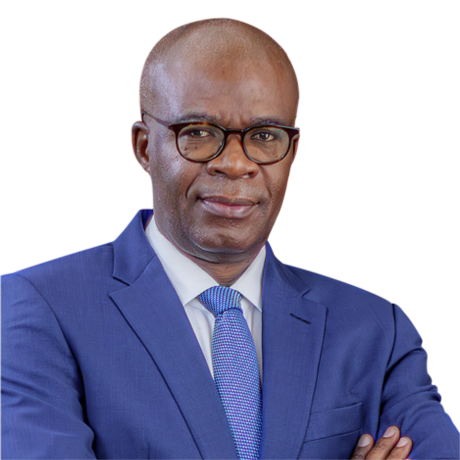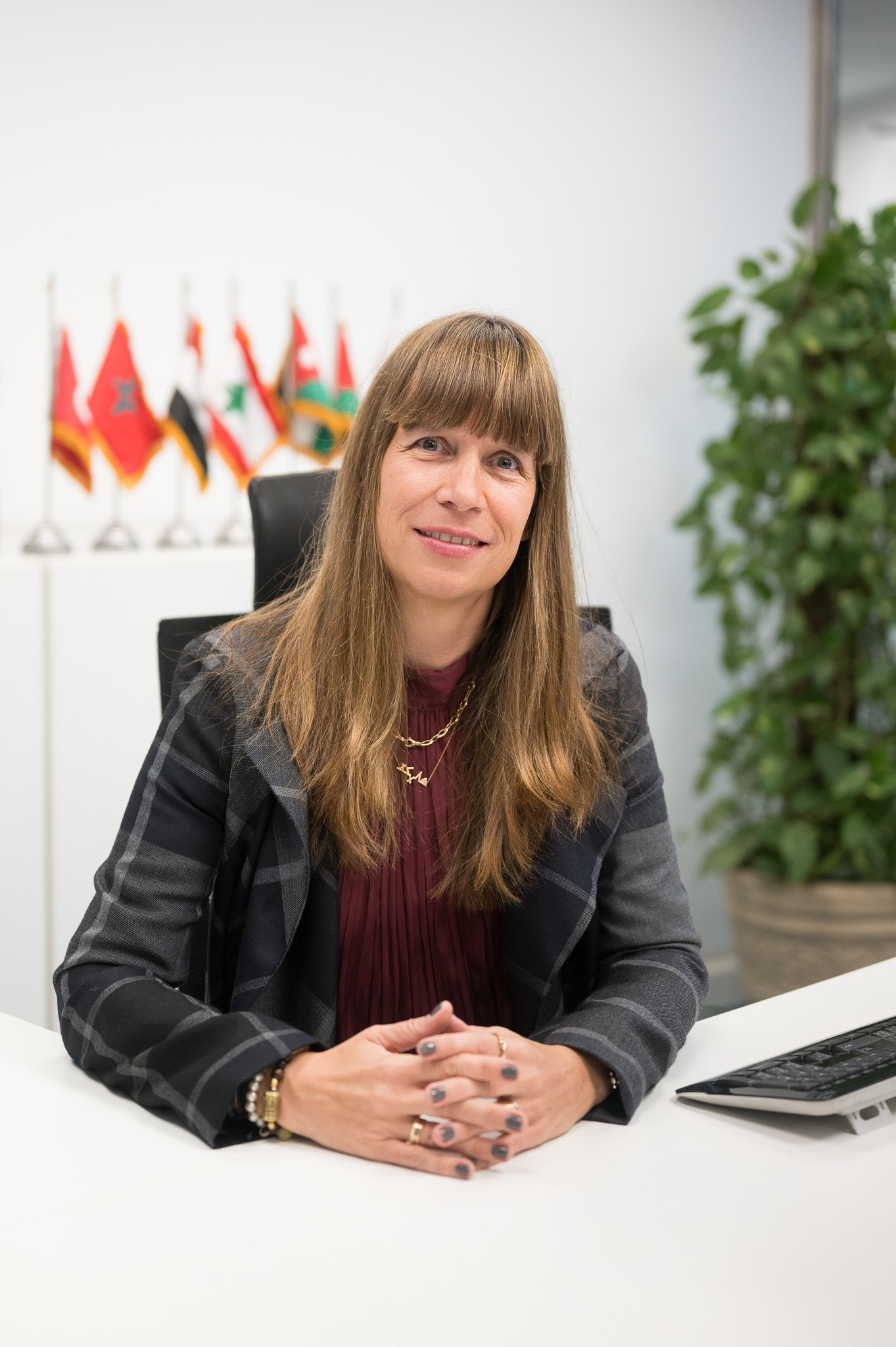Program 2025
-
Panel | Green, social and blue Bonds and green sukuk: Building Africa's climate finance toolbox
Africa represented less than 1% of global GSS bond issuances in 2024, with volumes dropping to just $1.35bn – down 25% from 2023. Despite Morocco issuing seven green bonds worth $500 million, most issuances remain one-off transactions. Notable niche issuances include Nigeria’s $30 million sovereign green sukuk (2017), Seychelles’ pioneering $15 million blue bond (2018), and Gabon’s $500 million debt-for-nature swap (2023), but such green sukuk and blue bonds are rarely replicated at scale. Domestic institutional participation meanwhile is minimal, hindered by FX volatility, and the absence of a regional green taxonomy. How can Africa move from isolated GSS bond deals to a scalable climate finance ecosystem integrated into national development strategies?
Key points:
- Beyond green bonds for climate mitigation: How to scale financing solutions for maritime climate risks, port financing, climate adaption and social development?
- What role can Islamic finance, via green sukuk, play in mobilising regional capital for climate-aligned infrastructure projects?
- Which incentives, de-risking tools (e.g. guarantees, tax incentives), and pipeline development strategies are essential to scale climate-themed bonds beyond initial pilots?

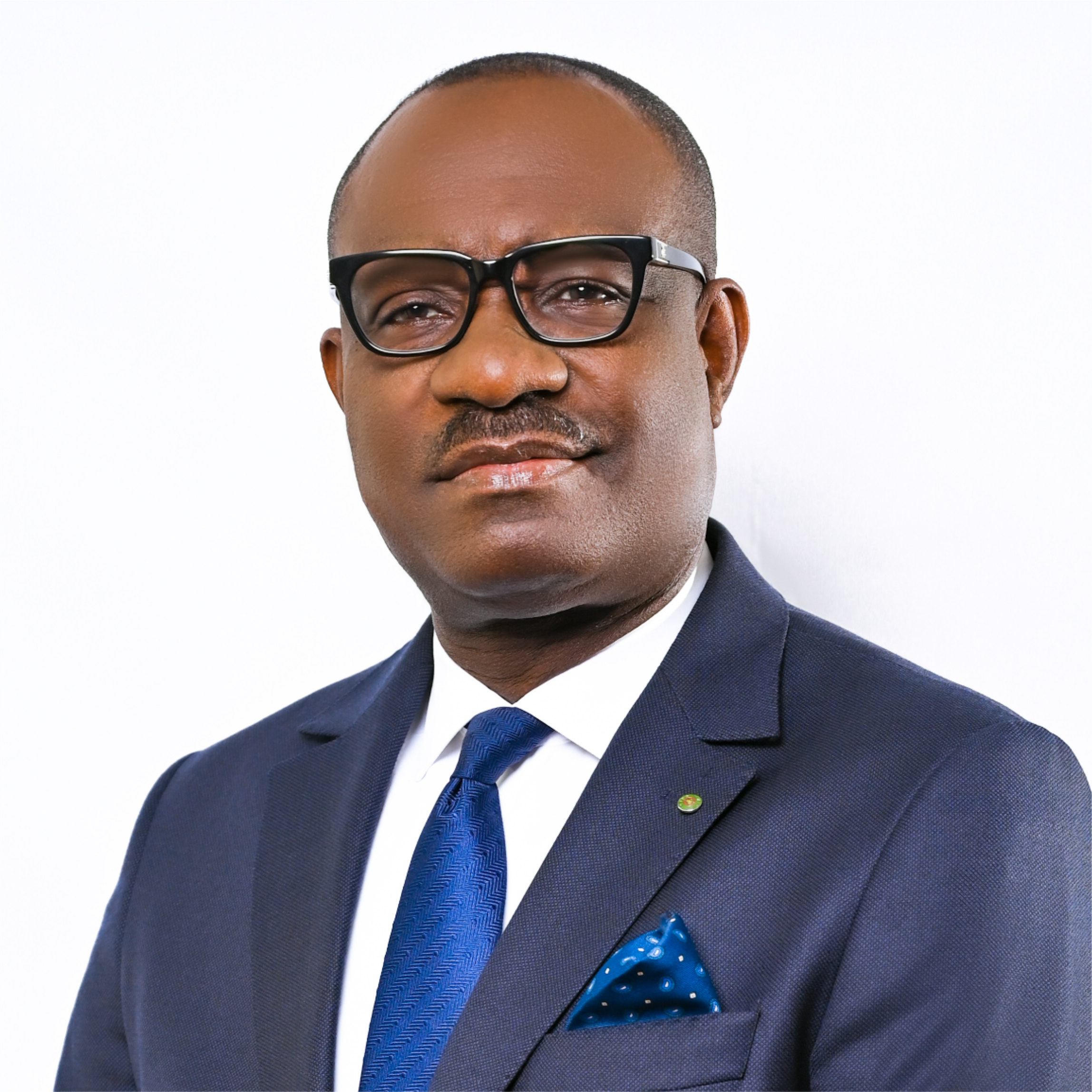 Speaker
SpeakerDr. George Agyekum DONKOR
President and Chairman of the Board of Directors, ECOWAS Bank for Investment and Development (EBID)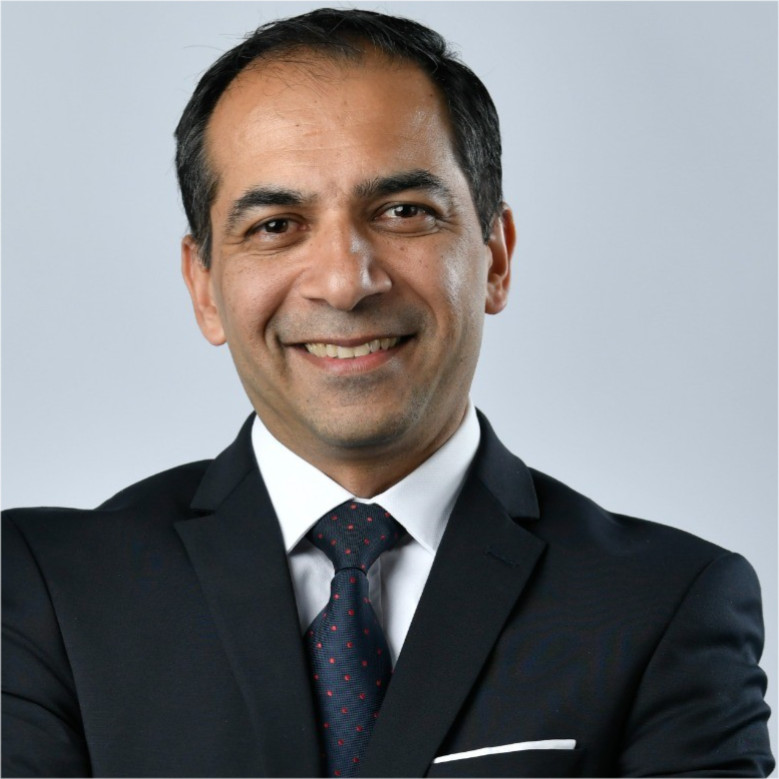



-
Strategic Roundtable | Overcoming the barriers to local currency debt markets
Local currency debt markets are vital for Africa’s monetary sovereignty and fiscal resilience. Despite this, outside South Africa and Nigeria, under 15% of sovereign bonds (2015–2023) were issued in local currencies with corporate bonds mirroring this trend. This contrasts with 89% of corporate bonds in Asia issued in local currencies. Shallow domestic investor bases, inflation volatility, regulatory fragmentation, and investor preference for hard-currency bonds impede Africa’s local currency issuances. But with African local currency bonds offering some of the world’s highest yields (10%+), a weakening dollar, and growing investor demand for diversification, could these markets finally flourish? This roundtable explores the digital issuances, credit enhancements, and regional coordination needed to achieve scale.
Key points:- How can governments deepen local debt markets without crowding out the private sector?
- What financial innovations can improve market depth and investor confidence?
- How can countries build cross-border issuance frameworks with shared risk mitigation?



-
Panel | Tech, climate & food ecosystem exposures: Can insurance absorb the coming shockwaves?
A cyberattack costing Bank of Uganda $16m, a high-profile CNSS data leak in Morocco, and more frequent El Niños that left 20m facing hunger in Southern Africa last year: Africa’s insurance industry must build capacity to offer safety nets to mounting systemic threats. But with weather-related losses for Santam alone climbing 12% YOY to $36m and 91% of organisations globally expecting a significant rise in AI-driven cyber threats, can Africa’s insurance industry ($64bn in annual premiums) absorb such heavy losses? What is needed from governments and capital markets to reinforce the industry’s underwriting capacity?
Key points:- Premium subsidies, becoming anchor clients, and growing reinsurance and national risk modelling capacity: How can governments & regulators boost insurance system readiness?
- Insurance linked securities and catastrophe bonds: What relief can capital markets provide, and could it extend to cyber risks?
- Tech partnerships and new collaborations: What’s needed to ensure parametric insurance linked to satellite and sensor data is equal to ground-level losses?


 Speaker
SpeakerGildas N'ZOUBA
Director, Côte d’Ivoire zone & CEO, SUNU Assurances Côte d’Ivoire, Groupe SUNU


-
Strategic Roundtable | Natural resources: Financing African ownership in oil, gas & mining
Africa sits on vast reserves of oil, gas, and minerals, but too often, African companies play secondary roles as minority partners, subcontractors, or logistics service providers. High capital requirements, chronic difficulties in accessing patient capital, and limited financing tools prevent them from scaling and leading major projects. Strategic support from African financial institutions – who also rarely lead financing in exploration and production – will be essential. Some countries, like Nigeria, Morocco, and South Africa, are pioneering bold reforms and innovative capital strategies, but how can the rest catch up? A roundtable of African financiers and resource firms discuss how Africa can convert its natural wealth into lasting economic power.
Key points:- Regulation, currency risks & dollarisation: Tearing down barriers preventing African financial institutions from investing in homegrown energy actors
- What more can the African financial industry do to meet the needs of local extractive companies?
- Public sector push: What kind of local content policies can unlock greater financial flows to African energy and mining companies?
 Moderator
ModeratorMustapha MOURAHIB
Managing Partner, Casablanca, and co-head of the Africa Group, Clifford Chance
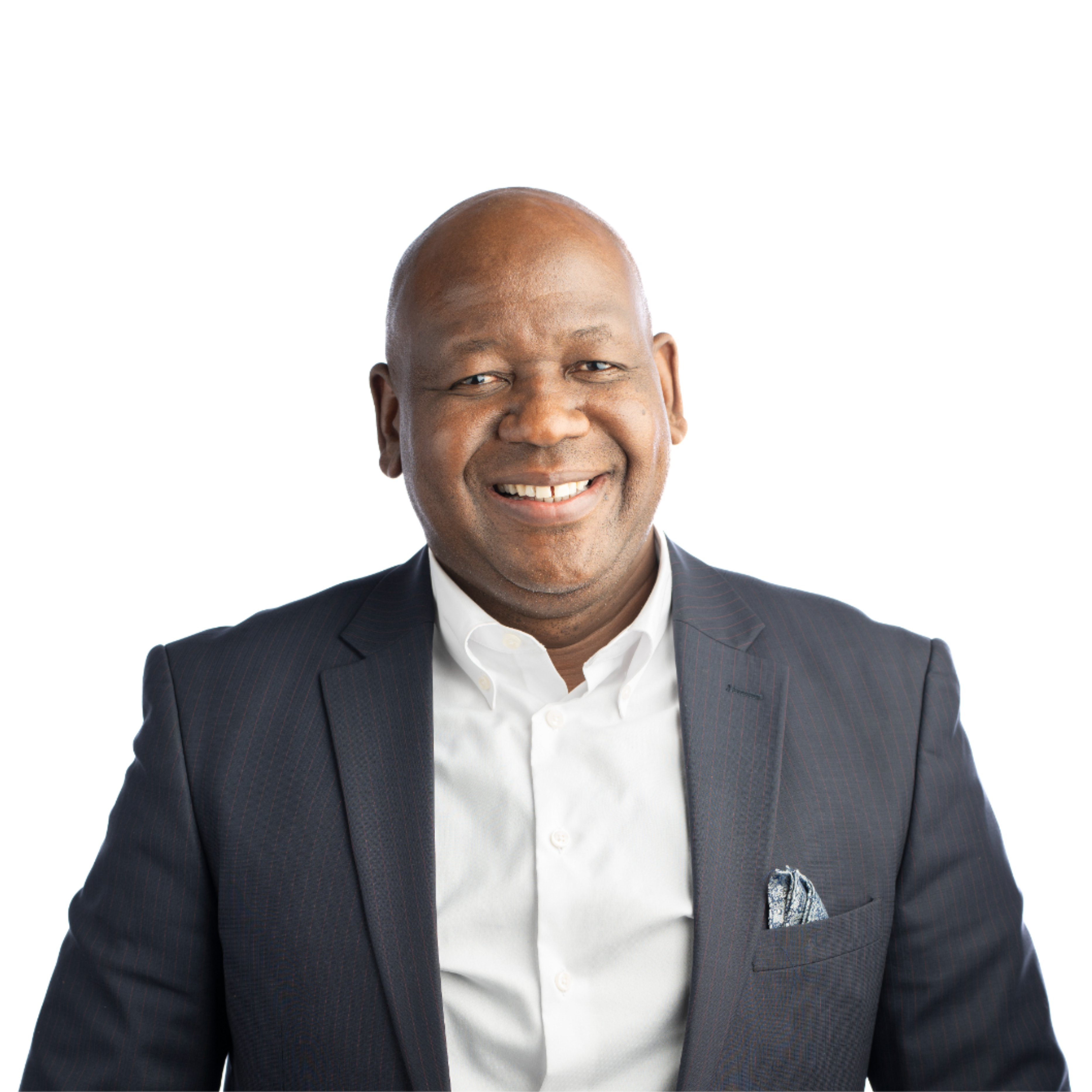
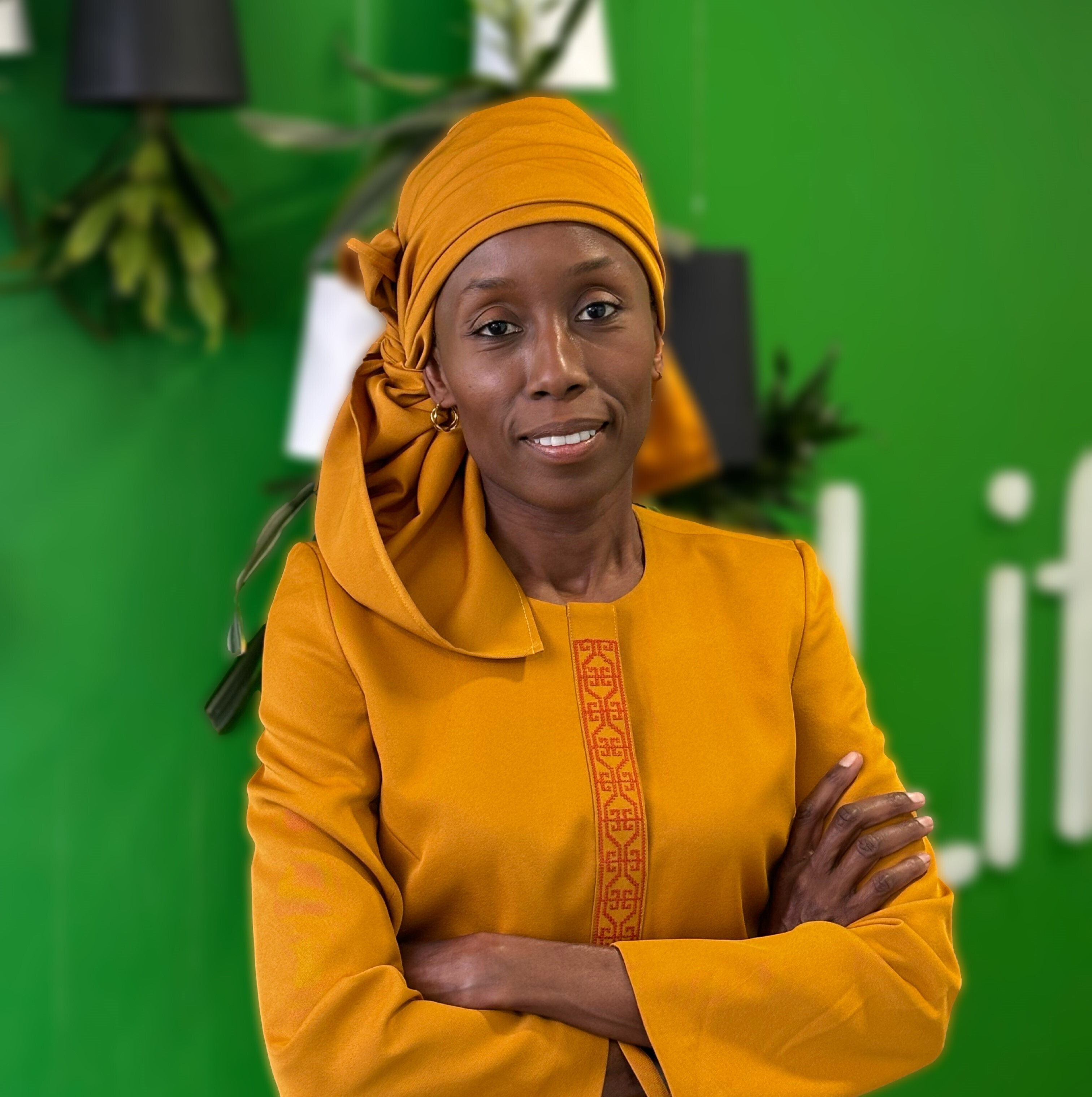 Speaker
SpeakerDiaretou Madina DIENG
Cluster President - French Speaking Africa & Islands, Schneider Electrics -
Panel | Trusting local banks with FX reserves: A move to boost sovereignty or a big risk?
As calls for greater financial autonomy grow, African states face choices about entrusting Pan-African commercial banks with their FX reserves and enabling domestic banks to manage FX risks. Both moves could reduce Africa’s exposure to offshore financial systems – easing reliance on foreign clearance networks and bringing home reserves parked predominantly in US Treasuries, Eurozone bonds, and foreign banks. But can domestic banks meet the credit standards, clearing requirements and governance benchmarks needed to safeguard sovereign assets? Is repatriating reserves a risk worth taking?
Key points- How can governments and central banks build a framework for top-tier African banks to take custody of FX reserves?
- What strategies can local banks deploy to manage and allocate sovereign FX reserves under a compliant and risk-controlled framework?
- Regional swap agreements, pooling of reserves and PAPSS: How can central banks ease commercial banks’ forex exposures?



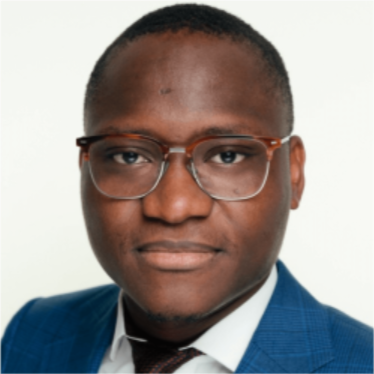
-
Strategic Roundtable | Regulatory passporting: The missing link to smoothing cross-border compliance and sparking innovation?
Over 54 jurisdictions and disjointed compliance regimes: Africa’s fragmented regulatory landscape continues to slow the expansion of financial innovation. Licensing a fintech in multiple countries can cost up to $2 million per market, while divergent KYC, AML, and data rules impede digital finance from scaling across borders. Regulatory passporting – where one license grants multi-market access – could cut entry barriers and operating costs, with a pilot between Ghana and Rwanda showing promise. But will countries outside regional blocs like WAEMU, and CEMAC have the appetite to strike similar deals? How can passporting unlock smarter, more coordinated supervision?
Key points:- Ghana-Rwanda deal: How did it come about & what are the expectations?
- What do fintechs, telcos & digital banking innovators hope to see in a fully functional regulatory passport?
- Which platforms can drive passporting forward, and how can regulators protect their home market fintechs?


-
Strategic Roundtable | A lifeline for SMEs: Achieving a breakthrough for supply chain finance
Supply chain finance (SCF) could channel critically needed working capital for SMEs and is gaining traction in Africa. But while SCF represents a potential market worth at least 8% of GDP in countries like Egypt, Kenya, Morocco and Nigeria, practical uptake remains limited by challenges in awareness, digitalisation, and regulatory environments. Although recent years have seen growing interest from both public and private actors, Africa’s SCF volumes are only a fraction of those recorded in other regions. Amid ongoing reforms and targeted efforts to build capacity and address market barriers, a roundtable of SCF stakeholders discusses how to realise market potential.
Key points:
- Status, opportunities and challenges of supply chain finance in Africa – how do we tip the scale in favour of expansion?
- How can both public and private sector actors advance supply chain finance, and what is the scope for collaboration to drive growth?
- What can Africa learn from supply chain markets like Mexico, India, and Turkey, and the main factors behind their success?
 Speaker
SpeakerFerdinand ZAUMU
Managing Director Trade and Working Capital Solutions, Middle East and Africa, Citi
 Speaker
SpeakerOlukayode AKINBINU
Group Head of Foreign Subsidiaries & Global Market Expansion, Zenith Bank
-
Panel | From dry ports to deep waters: Financing inland corridors and trade access for landlocked countries
With 16 landlocked countries – more than any other continent – Africa must urgently scale up investment in trade corridors linking its interior to seaports. These connections are costly – the Lobito Corridor alone requires up to $2.3bn – and better integration between intra-African trade routes and global markets remains a challenge. But innovative blended finance models, like AfDB’s €157m upgrade to Burkina Faso-Côte d’Ivoire road links, are gaining ground, while Morocco’s Tanger Med and Nador West Med ports are emerging as strategic gateways for inland corridors. How can governments, DFIs and investors fund trade corridors in Africa’s heartlands while defining regulatory frameworks, cross-border agreements, and governance models?
Key points:- Sovereign bonds, blended finance, Corridor Special Purpose Vehicles: What innovative mechanisms can help to finance inland trade corridors?
- Which road or rail links are in urgent need of finance for construction or rehabilitation?
- How can regional cooperation and policy alignment accelerate the development of inland trade corridors?
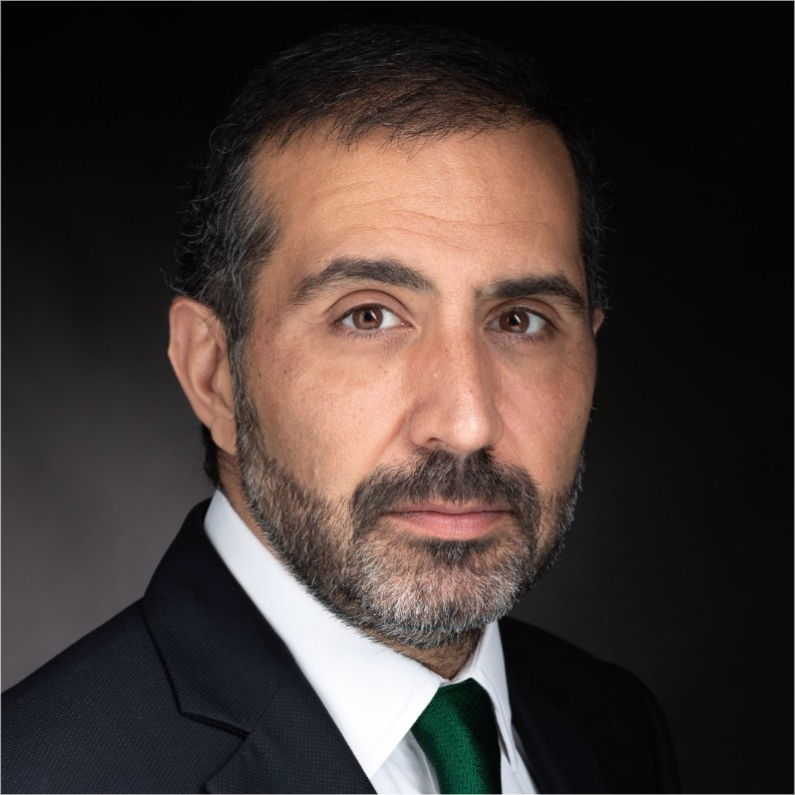
-
Panel | AfCFTA, PAPSS & AELP: How can pan-African initiatives deliver the impact financial institutions want to see?
Africa’s grand integration projects – AfCFTA, PAPSS and AELP – promise deeper financial connectivity, yet most institutions expect “limited” rather than transformational impact (Deloitte-AFIS Barometer). Behind this scepticism lie doubts about measurable business impact, regulatory fragmentation, disparities in digital infrastructure, reluctance to trade volatile local currencies without hedging, and governments unwilling to cede financial control. With PAPSS planning to launch an Africa Currency Marketplace and a PAPSS card, and AELP expanding participating exchanges, what regulatory coordination can unleash an integration agenda Africa’s financial institutions will fully embrace?
Key points- What more can AfCFTA do to advance regulatory harmony so banks and capital market players fully adopt AELP and PAPSS for cross-border trading?
- Dollar dependence: What transaction volumes flow through PAPSS & AELP, and are institutions genuinely committed to African currency trading?
- How can the AfCFTA, PAPSS and AELP jointly create effective risk mitigation tools to address forex volatility and build trust in local currency settlements?


-transformed.jpg)
-
Strategic Roundtable | Smart insurance: Sharpening up claims, risk modeling and operations with AI and insurtech
Machine learning, AI and GenAI could shakeup how insurance is distributed, priced, and how claims and investments are managed. While nearly 70% of US insurers have begun implementing GenAI, adoption remains nascent across Africa. But frontrunners like Old Mutual and Britam are stepping up, exploring personalised customer recommendations through AI-powered chatbots and backing AI Insurtechs to improve underwriting, risk modelling, and fraud detection. A roundtable of underwriters, reinsurers and tech providers identifies areas where AI offers a real competitive advantage and spaces where the hype falls flat.
Key points:
- Improving the customer experience through AI: Which solutions really work, and what are the regulatory implications?
- Driving internal efficiency: Where can concrete gains be made in redesigning the operating model, risk modelling, and investment management?
- Building Developing AI skills muscle: Outsource, invest infocus on Insurtech, or recruit/train in-house talentinvest in training and recruitment?
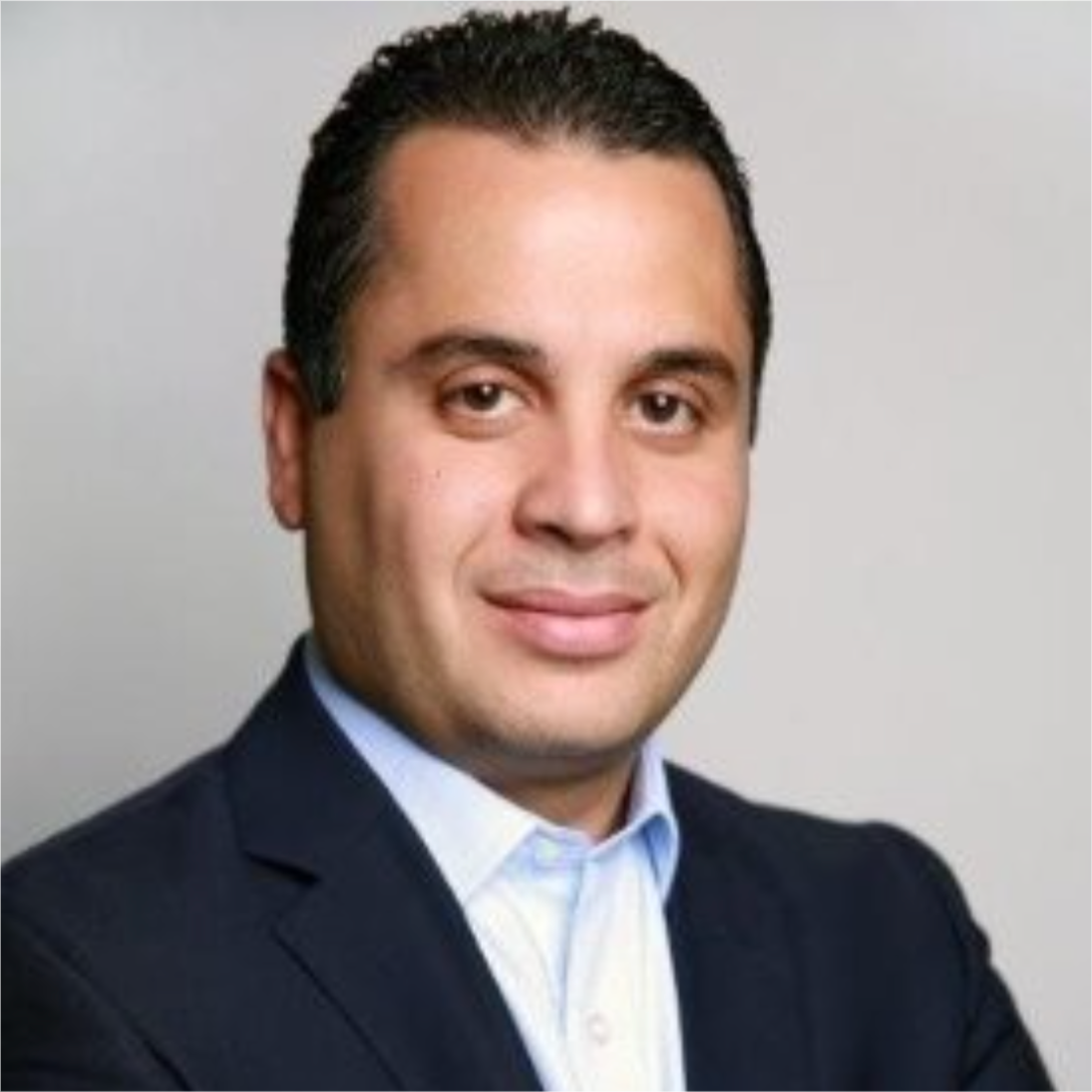
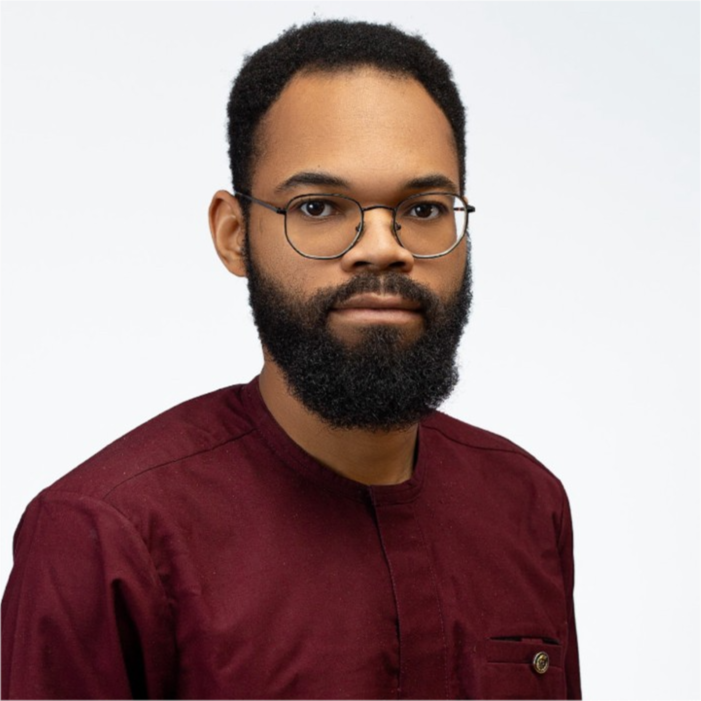

-
Strategic Roundtable | Blockchain, AI and cyber resilience: Progressing e-KYC, fraud detection and digital innovation
Thousands of fraudulent bank accounts were recently opened in South Africa using stolen credit bureau data, with hackers claiming to have siphoned R175 million in social grants – exposing major gaps in Africa’s digital identity and onboarding systems. As deepfakes, spoofed credentials, and synthetic IDs grow more sophisticated, fraud is no longer a fringe issue for fintechs, mobile money operators, and traditional banks. Governments are responding: Zambia is deploying a new open-source e-KYC system, WAEMU is building a regional biometric identity platform, and Nigeria is scaling financial access through its national digital ID system (NIN). But without regional coordination, these initiatives risk becoming siloed. This closed-door roundtable explores how to build secure, interoperable, and future-proof digital ID systems.
Key points
- From pilot to platform: What’s needed to scale e-KYC infrastructure into a trusted, cross-border digital ID system?
- Building cyber-resilience: How are financial institutions deploying AI and blockchain to counter deepfakes, spoofed credentials, and coordinated cyberattacks?
- Fixing the fragmentation: Can regulators agree on shared standards to avoid a patchwork of digital ID systems and unlock continent-wide interoperability?
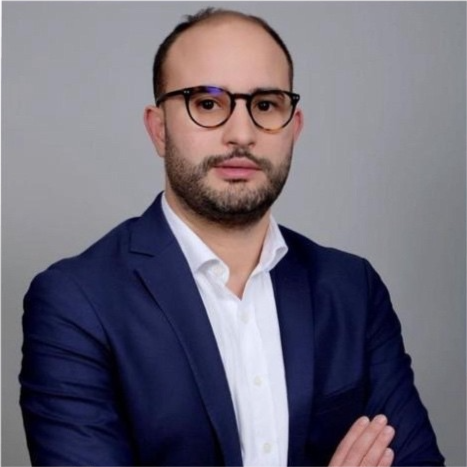

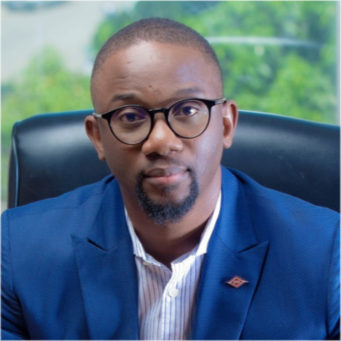




-
Central Bank Governors Panel | A new global equation: Where can Africa turn for critical finance?
“The world as we know it has changed for aid, trade and development,” says the Director-General of the World Trade Organization. Sub-Saharan Africa nations this year face a 16-28% decline in official development assistance; pressure from trade tariffs, and a serious liquidity crunch and foreign currency shortage for commercial banks. Where will funding come from for Africa’s SMEs, green transition, digital infrastructure and healthcare projects when external debt service reached a record $89bn last year? As some central banks ease interest rates and stockpile gold reserves, governors from the continent’s major economies discuss how to build internal resilience.
Key points:
- Where can central banks intervene to strengthen domestic resource mobilisation?
- How can policymakers guarantee reliable hard currency access for SMEs, the backbone of the economy?
- A new financial architecture: What are the risks and rewards of Middle East and Asian capital versus Western sources?

-transformed.jpg)
